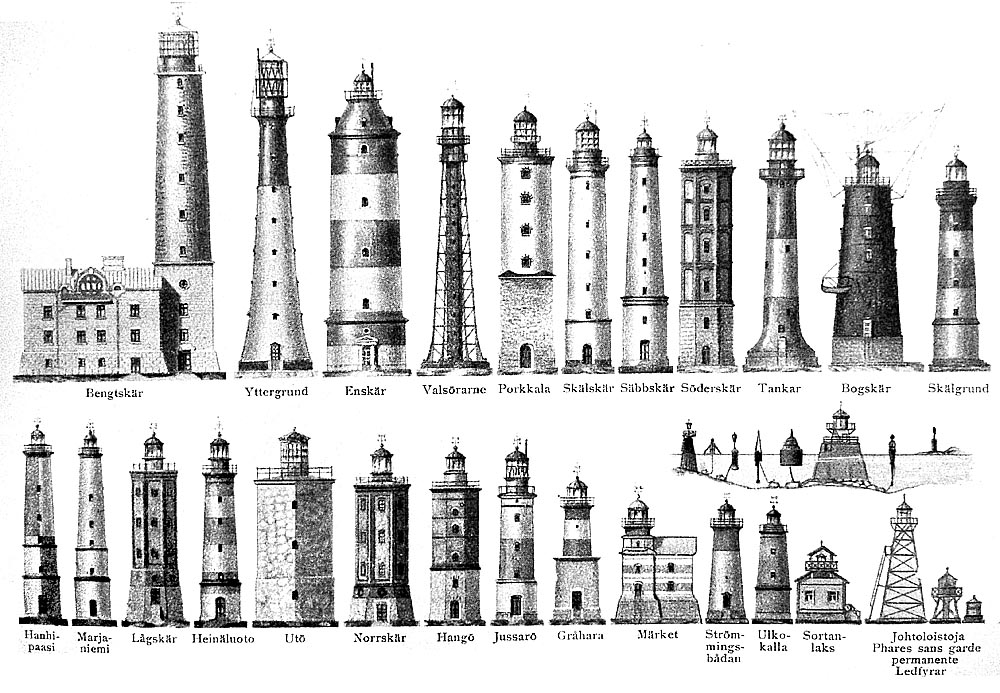By {grow} Community Member Deborah Lewis
Businesses of every size are overlooking one of the most powerful weapons at their disposal — their employees — and it took a big photo at a coffee shop to drive this lesson home to me.
I love to frequent Caffe Nero, a UK coffee house chain, and I was captivated by a dramatic interior design change at one of my favorite hang-outs.
Where there had once been some standard “stock art” pictures of laughing women drinking coffee, I now saw these gigantic canvases, remarkably hard-hitting and moving. It was an unexpected and radical change for the store as I looked upon what appeared to be a series of Italian village scenes of mature men playing cards. Serious, concentrated, a bit down at heel.
They were remarkable and subtle — I thought I recognized them as a kind of photo tribute to Cezanne’s famous series of The Card Players, which I’d recently seen in an exhibition.
I was curious about this dramatic branding shift. The whole feel of the place had changed and so I decided to ask the two baristas about the images and what they were all about.
The first one didn’t know. Maybe two months? She was a trainee, fine. However her colleague who wasn’t a trainee knew even less. “Which pictures?” she asked me, confused. I pointed them out … she did not even seem to notice that something had changed.
Now I had had great coffee and excellent service at this branch, so this is not a complaint.
But this strikes me as wasteful. Businesses spend millions on store fit-out and decor, all carefully planned to communicate something important. Why not tell their people about it?
And what’s worse is that the employee’s disconnected awareness of the company story and the marketing all around can create a negative impression.
I found out from the company web site that the pictures are indeed important to Caffe Nero:
Displayed on the walls in any Nero you will always see our large character rich, Italian lifestyle images. All the images are unique to Nero and taken by our photographers in real life situations of our family, friends, employees and people we have met along the way.
Their Facebook page also reflects this mood swing. In amongst posts with the latest cakes and sandwiches there are posts relating to these photos, explaining the changes.
Search for Caffe Nero on Pinterest and you will find people pinning their favorite new Nero village photos to their boards.
So on one level, this is clearly an effective activity. Except it could be working harder.
While the head office is clearly communicating a consistent message through every available media channel, it’s overlooking the most important media channel of all — the people who are looking you in the face! So what could have been happening instead? And what difference could it have made?
- Well, at the very least have information in-store – on postcards, leaflets or just on the wall – if you don’t want your staff to divert attention away from serving to chatting.
- Alternatively, use your employees to tell the story. Explain to them why these images are on the walls and what they’re all about.
- Encourage them to retweet, repin and share posts relating to the pictures to their friends and communities.
- Think about recognizing and rewarding those employees who care enough about the business to want to spread the message and tell the story.
- This would all build groundswell, link by link, invaluable at a time when mass media is losing impact, when one advertisement isn’t going to reach everyone at once.
As a customer, this would create a very strong impression of a business where employees care about every detail. Employees then become the vital link in the chain, spreading the message out, helping us believe.
Everyone is now so closely engaged with brands and the approaches used to communicate business stories that we’re all experts at sniffing out spin from what is intrinsic and authentic.
So it is vital that businesses engage their front line employees as advocates of their message. Otherwise it’s hard to believe the company line.
 An entrepreneur and mother of two, Deborah Lewis has been a PR adviser for more than 20 years.
An entrepreneur and mother of two, Deborah Lewis has been a PR adviser for more than 20 years.



